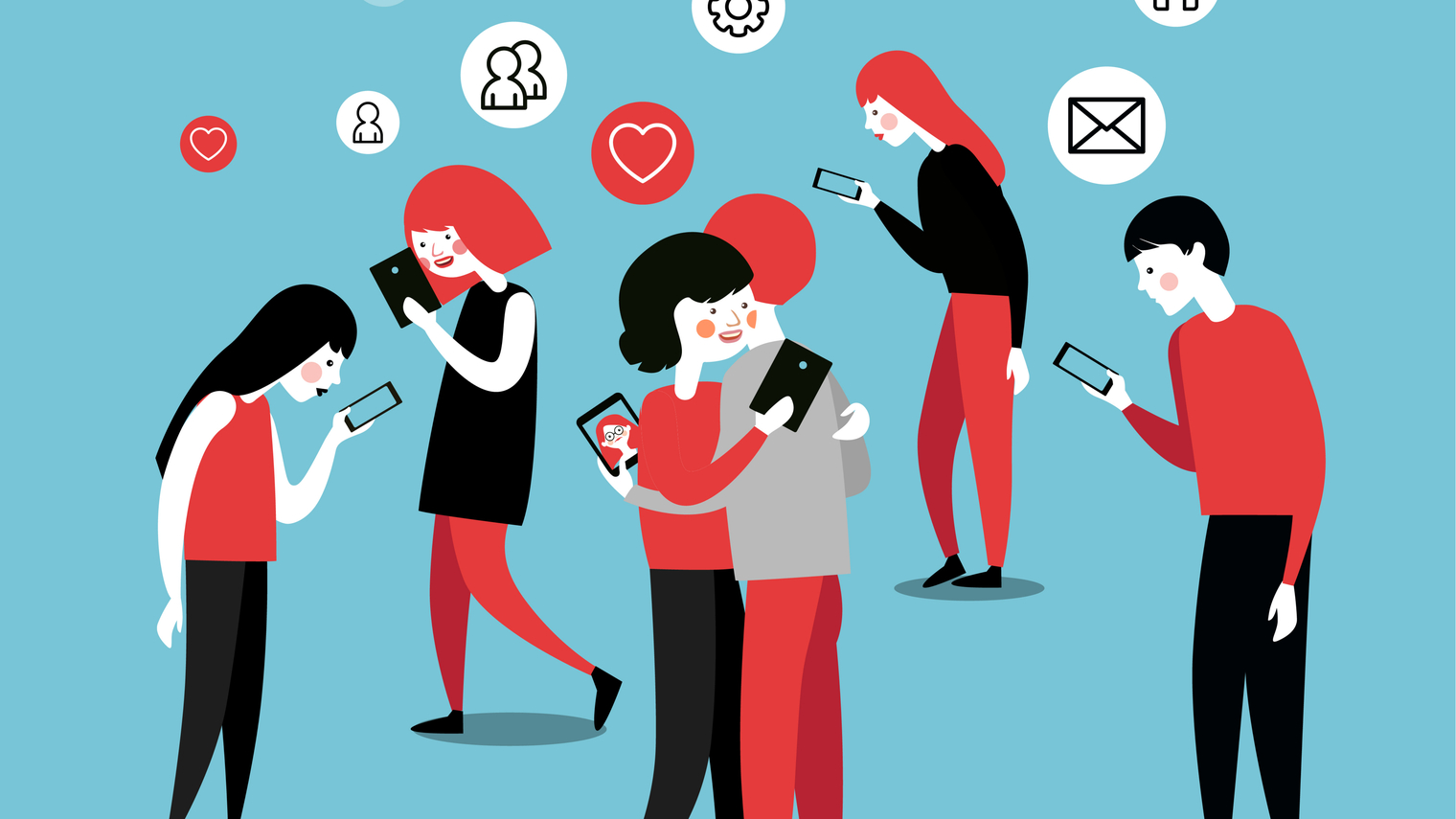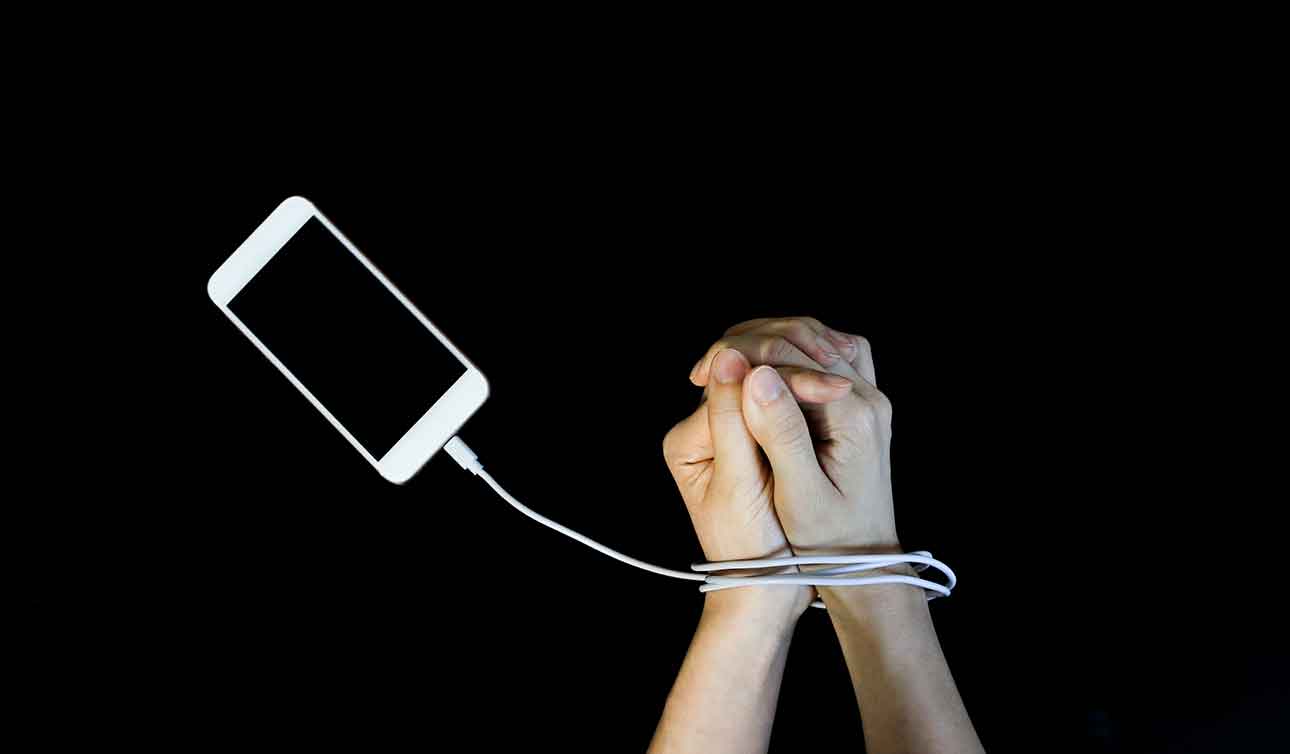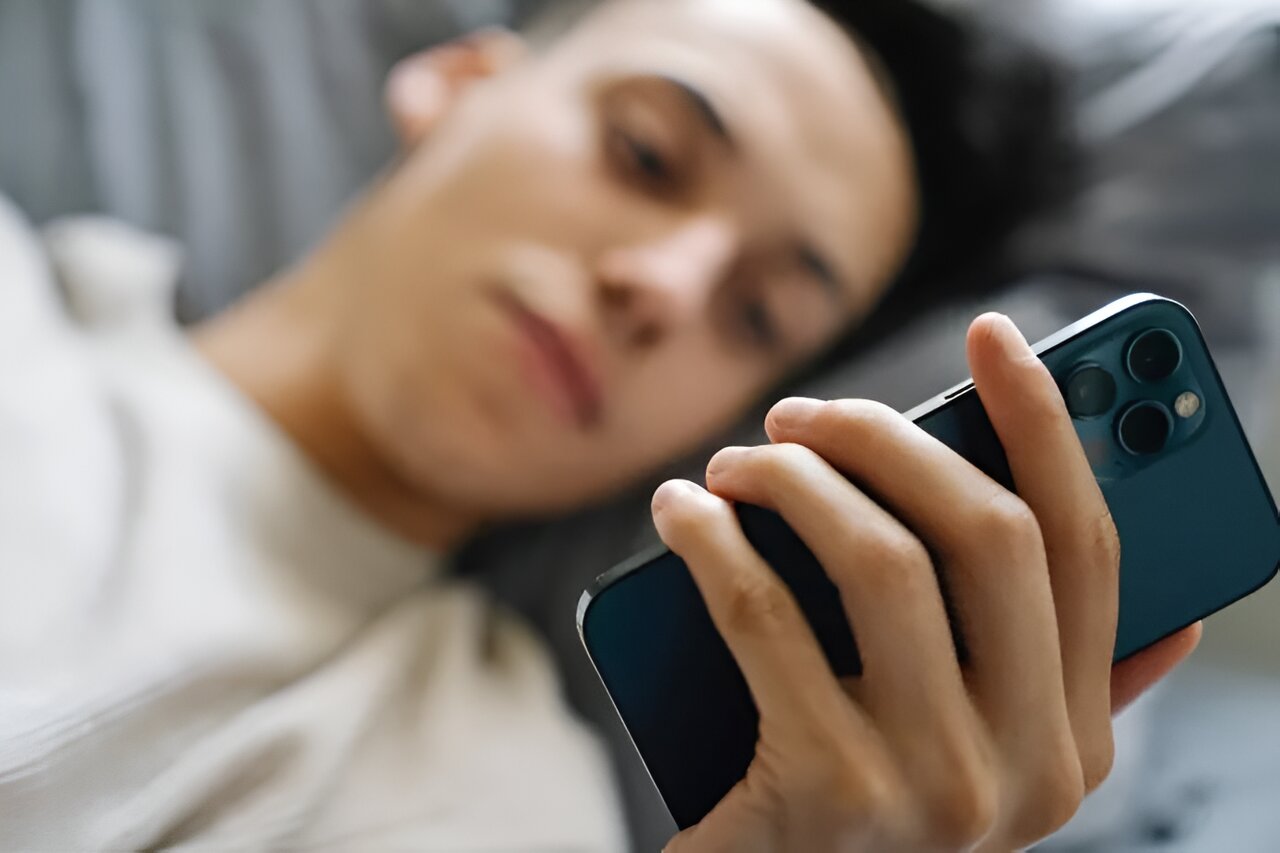In today’s fast-paced world, where mobile phone technology grips every aspect of our lives, a unique psychological condition is silently impacting millions globally. Nomophobia, the fear of being without your mobile phone, may not be a term you’re familiar with, yet its effects are increasingly prevalent and concerning.
This condition represents more than just an attachment to our gadgets; it signifies a deep-seated panic that can lead to significant psychological distress.
Understanding Nomophobia: More Than Just Phone Addiction
Nomophobia (no-mobile-phone-phobia) is often misinterpreted as mere addiction but is indeed a distinct fear of losing one’s mobile phone connectivity. It is a modern-age phobia that encapsulates the anxiety experienced when one is unable to use their mobile due to loss, lack of coverage, or depleted battery life.
Unlike general addiction, which can be related to substances like drugs or alcohol, nomophobia is specifically tied to the digital connection our phones provide. The term itself is cleverly derived, emphasizing the panic associated with no mobile presence.
NO MObile PHone phOBIA. A study highlighted in the report “NOMOPHOBIA: NO MObile PHone PhoBIA” points out the difficulty in discerning whether nomophobia stems from an existing addiction to mobile or if it is a manifestation of underlying anxiety disorders.
The Prevalence of Nomophobia: A Global Concern
It’s startling to note that according to SlickTest, a staggering 66 percent of the global population shows signs of nomophobia. The ubiquity of mobile devices, coupled with their integral role in our daily communications, business transactions, and personal affairs, makes it easy to develop a dependency that can quickly spiral into nomophobia.

Recognizing the Signs of Nomophobia
Here are five common indicators that you might be experiencing this modern-day dilemma, as outlined by Time To Log Off:
- Anxiety Over Battery Life: Feeling anxious as your Mobile battery nears depletion.
- Inseparable from Your Smartphone: The inability to leave the house without your mobile device.
- Frustration Over Inaccessibility: Becoming irritated when unable to access your Mobile.
- Compromising Safety: Putting your own or others’ safety at risk to check your smartphone.
- Working During Downtime: Use your Mobile to check work updates even while on vacation.
Strategies to Combat Nomophobia
Overcoming nomophobia involves recognizing its presence and actively working towards mitigating its hold over your life. Dr. Anna Lembke, a professor of psychiatry and behavioral sciences at Stanford University, advises taking a ‘screen test’ to assess how much time you spend on your phone and subsequently setting boundaries to reduce this engagement.

Adam Alter, a professor at New York University’s Stern School of Business, suggests physical separation from our devices as a practical solution. By placing our phones out of easy reach, we can decrease their psychological grip on us, thereby reducing usage.
Warning signs you’re suffering from nomophobiahttps://t.co/Hc8dk89DY8
— LADbible (@ladbible) April 13, 2024
Practical Tips for Managing Your Mobile Use
- Set App Limits: Implement restrictions on how long you can use certain apps.
- Physical Separation: Keep your phone in another room to help resist the urge to check it continuously.
- Outdoor Activities: Engage more in outdoor activities that don’t involve screen time.
Dr. Lembke encourages using applications that enrich your life and add value, rather than those that lead you down a time-consuming rabbit hole.
“The big question to ask yourself with screens is: ‘What else could I be doing right now? Is there something I could be doing that would be better for me?’” adds Dr. Alter.

Final Thoughts
While our smartphones are undoubtedly valuable tools in both our professional and personal lives, maintaining a balance is crucial. Awareness and proactive management of our screen time can lead not only to better mental health but also to a more fulfilling and present life.










